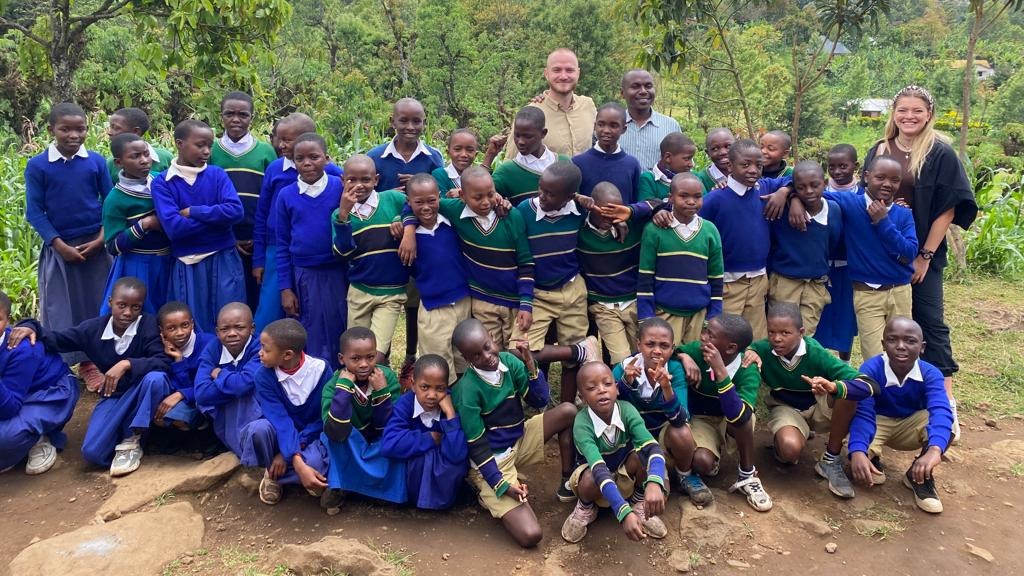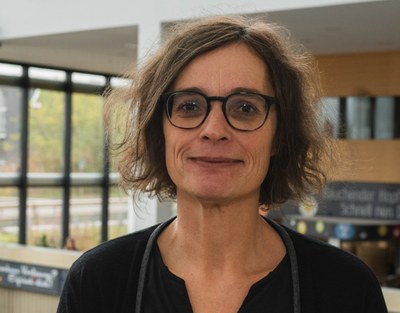Visit profile

Board Games in East African Schools
The project "Board Games in East African Schools" started in August 2023 with conducting an exploratory study in Mbahe Primary School, Marangu, Tanzania. It intends to fill gaps in research on understanding the role of board game preferences and play patterns with regard to game-based learning. Playfulness is another theoretical concept the project is based upon. The project is continously growing and expanding to more and more schools, regions, contexts and countries.
Objective of the study is to implement board games in grade 5 in East-African primary schools aiming to explore the influence of culture and gender in board game habits (preferences, patterns, role of competition, development) as well as the specific educational outcomes of board games through observations, video recordings and computerized mental-rotation tests.
Methodology: Pupils of grade 5 which play spatial games like ‘4-wins’, ‘Ubongo-3D-Family’, ‘Ubongo-3D-Junior’ and ‘IQ-Fit’ over a period of 5 weeks. Pre-, post- and follow-up assessments with a computerized mental-rotation test, using control-group design, provide insights into the impact of playing the games on spatial cognition, i.e. mental rotation. 360°- video recordings are done for detailled qualitative analyses of differents aspects of the play behavior.
Results show an improvement of spatial cognition skills fostered by the board games. The idea of focusing on game-based learning and playfulness revealed to be a successful new educational approach for public primary schools in Tanzania. In future research the purpose will be to adapt the spatial tests for more cultural sensitivity and to enclose schools and pupils with diverse socioeconomic and educational backgrounds, e.g. by extending the approach to private schools and to other East-African countries. Furthermore the project will expand to the research on games and play in East-African cultures through observations in public places. WEIRD theories about play and the development of play are to be challenged, aiming for a holistic understanding in this research field.
Fundings & Partners











